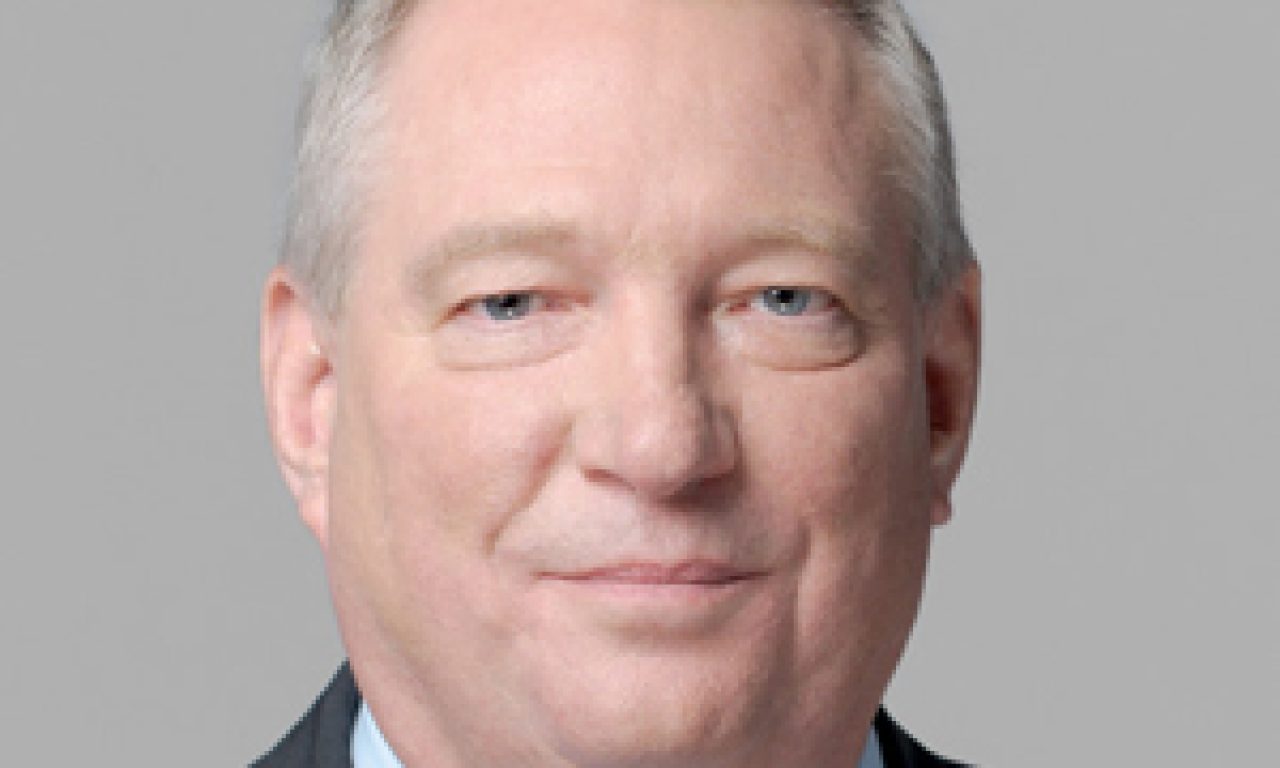Institutional investors are more trusting of their fund managers and advisors than individual investors and the level of trust, elsewhere in the world, has generally improved in the past couple of years, according to a global study by the CFA Institute.
The study, ‘The Next Generation of Trust’, shows that while the levels of trust have risen since the previous study last year, they have been accompanied by higher expectations, which have generally not been met. In fact, the gap between what investors want and receive has widened but was narrower for institutional investors than individuals.
The study, in its fifth year and across 12 countries including Australia, involved a survey, undertaken by Greenwich Associates, of 829 institutional investors with assets of more than US$50 million, and 3,127 retail investors with investable assets of at least US$100,000.
Australia, with the UK, had the lowest aggregate level of trust of the 12 countries in the survey, both being give scores of 31. The Australian score was unchanged from the last survey – undertaken before the Royal Commission – but in the UK it rose off the bottom. India showed the highest level, with a score of 71, followed by China, with 70. Canada was the highest of the developed nations with 51.
Paul Smith, the CFA Institute president and chief executive, says that in an industry where revenues are now driven more by client retention than client acquisition, the bottom-line value of trust should not be underestimated as a competitive advantage.
The smart use of technology increases the level of trust investors of every age bracket have in their providers and the study predicts that the adoption of distributed ledger technology (blockchain) will possibly boost trust levels considerably. However, the most distrusted type of technology was ‘robo-advice’, with the researchers saying that personal contact and advice is far from finished in the retail segment. Younger investors generally had a higher level of trust than older ones.
The study complements another global one published earlier this month in Australia by Legg Mason. It involved a survey of almost 17,000 individual investors in 17 countries, also including Australia, and showed that younger investors had more confidence than their older counterparts and tended to invest more in alternatives.
In terms of the types of asset managers, the most trusted was real estate managers and the least trusted was hedge funds. Institutional investors were more likely to think their asset managers, of any type, were more likely – 80 per cent – to be either well or very well prepared for a financial crisis, while 55 per cent of retail investors agreed. Australian investors, in aggregate, were fourth from the bottom of the 12 countries, with 49 per cent their asset managers were well or very well prepared for a financial crisis.
The report was written by Rebecca Fender, Robert Stammers and Roger Urwin.
– G.B.

